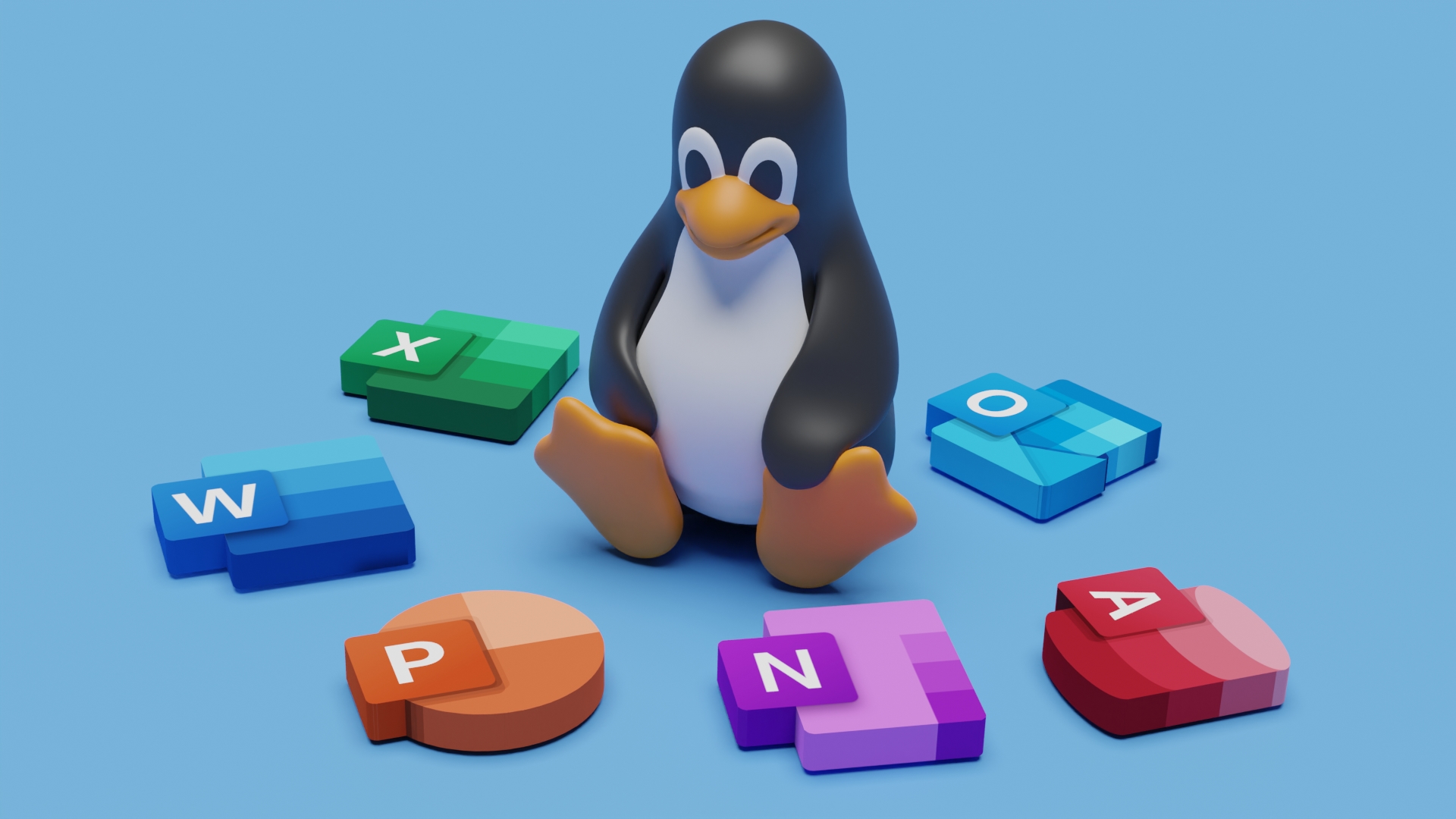One of the most tech-savvy countries in the world just dumped Windows — what's your excuse?
The year of Linux is finally here, at least in one EU nation

Sign up to receive The Snapshot, a free special dispatch from Laptop Mag, in your inbox.
You are now subscribed
Your newsletter sign-up was successful
Some say it will never be the year of Linux, but that's not true for Denmark's Office of Digital Affairs.
Last week, Denmark's Digitalization Secretary announced that her office is bidding Microsoft farewell and switching to Linux and open-source software. This wasn't the result of a fallout with Microsoft or even the European Union's Digital Markets Act.
It was about digital freedom and the role open-source software plays in that. Considering Denmark is one of the world's leaders in technological expertise, this could potentially inspire more organizations, government agencies, and even individual users to switch to Linux and open-source software.
See also: Best laptop deals in June 2025
Denmark's Office of Digital Affairs drops Windows for Linux
Denmark's Office of Digital Affairs will be Microsoft-free within just a few short months.
As the Danish newspaper Politiken reported, Denmark's Digitalization Secretary, Caroline Stage, has announced that her ministry is phasing out Microsoft and transitioning to Linux and LibreOffice (an open-source alternative to Microsoft Office).
Stage explained her reasoning for this decision in a post on LinkedIn (which has been translated to English with the aid of AI), stating:
Sign up to receive The Snapshot, a free special dispatch from Laptop Mag, in your inbox.
"It is not about isolation or digital nationalism. We should not turn our backs completely on global technology companies – many of them provide solutions that we benefit from. This applies both today and in the future. But we must never make ourselves so dependent on so few that we can no longer act freely. Too much public digital infrastructure is currently tied up with very few foreign suppliers. This makes us vulnerable."
Stage's solution is to leave Microsoft behind and switch her team to Linux. Of course, that won't be without its challenges, but as Stage goes on to clarify, her office is doing this "Not because we think it is easy – but because we know it is necessary to take the lead if we want to create more competition and innovation – and reduce our dependence on the few [foreign suppliers]."
By this fall, all of Denmark's Office of Digital Affairs employees will be on open-source systems.
Why you should consider switching to Linux and open-source software, too
If an entire ministry of the Danish government can switch to Linux, anyone can — or, at least, almost anyone.
I switched to Linux on a whim earlier this year and haven't looked back ever since. While it was a little intimidating at first, I've been pleasantly surprised at the variety of free, open-source software readily available to replace paid apps I was using on Windows, like LibreOffice instead of Microsoft Office or RawTherapee instead of Adobe Lightroom.
I mainly switched to Linux because I didn't want to use Windows 11 and was left with no other alternative, considering that Windows 10 faces end-of-life at the end of the year. Plenty of people might be in the same boat, but even if that's not you, there are several other reasons you might want to give Linux a try:
- You want more control over your PC
- You want boundless freedom to customize your operating system
- You don't want AI baked into your operating system
- You want less bloatware on your PC
- You want to learn about coding or how your PC works
- You have an old laptop that's running slow on Windows
That last point is significant. With laptop prices rising, some people on a tight budget might be stuck with an aging Windows laptop running so slow that it's too slow to keep using.
Since Linux is a much lighter operating system than Windows, installing it could significantly extend the lifespan of an older laptop. I did this myself with an eight-year-old HP laptop and even doubled its battery life.
Of course, Linux isn't for everyone, just like macOS or Windows. If you rely on one specific app that's only available on macOS or Windows, unfortunately, Linux probably isn't an option.
But if you're looking to breathe new life into your laptop or PC, unlock infinite customization for your operating system, and see everything open-source software has to offer, now might be the time to give Linux a spin.
More from Laptop Mag

Stevie Bonifield is a freelance tech journalist who has written for PC Gamer, Tom's Guide, and Laptop Mag on everything from gaming to smartwatches. Outside of writing, Stevie loves indie games, TTRPGs, and building way too many custom keyboards.
